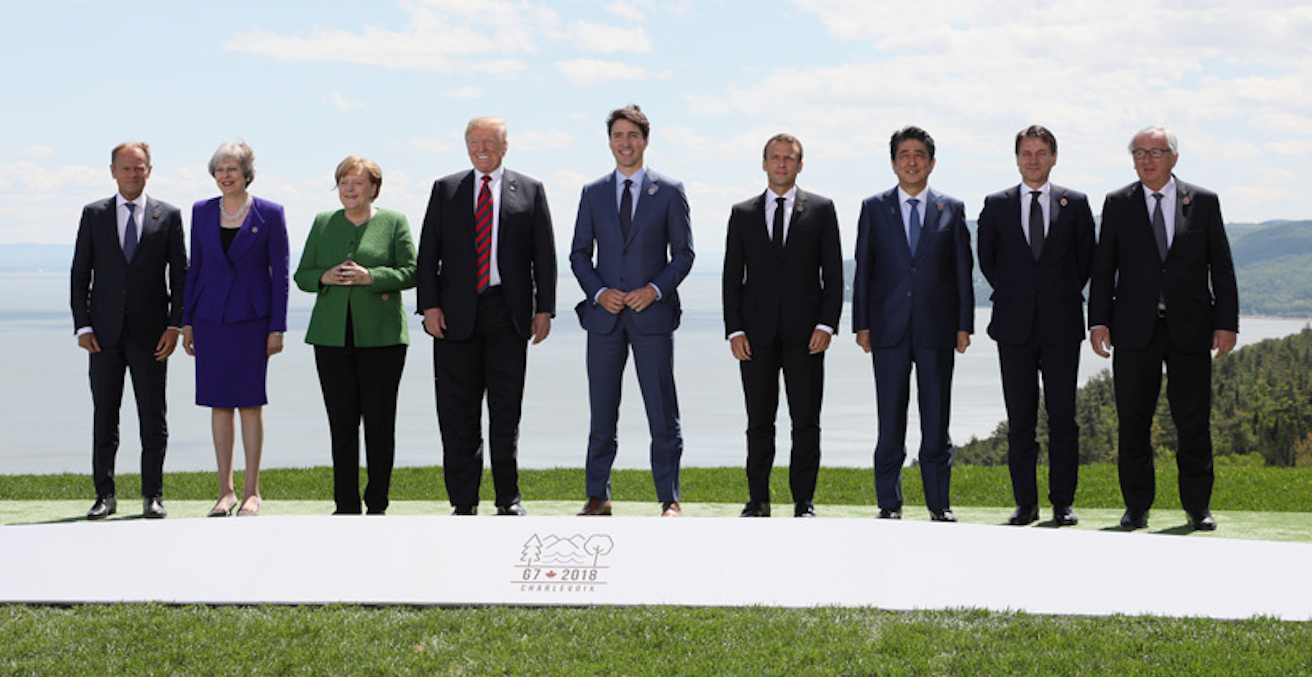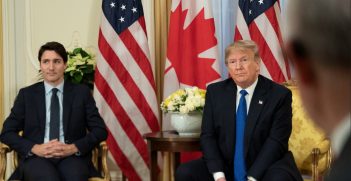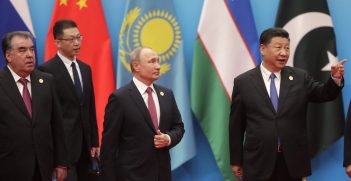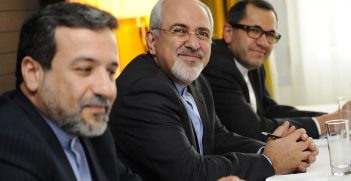Canada’s Trump Card

The G7 Summit ended without a resolution to the embryonic trade war unleashed by Donald Trump. Canadian leaders have been toying with the notion of diminishing their dependence on US markets. Has the time finally come?
The G7 2018 Summit in Charlevoix in Quebec has ended without a resolution to the embryonic trade war unleashed by US President Donald Trump. The US steel and aluminium tariffs and the European Union, Canadian and Mexican retaliation do not leave much room for optimism. The consequences for an early renewal of the North American Free Trade Agreement (NAFTA) are not good. Rather than face the criticism from his allies in Charlevoix and attempt to negotiate some sort of solution, Trump left the summit early, refusing to sign the final communiqué and roasting his host Justin Trudeau with accusations of dishonesty. Instead, President Trump preferred to deal with his much higher profile priority: a meeting with the North Korean leader.
Many in the US Congress and Senate realise that the trade measures unleashed by the USA will ultimately harm the US economy in addition to weakening the economies of its main allies. The only ‘win’ scenario for the US is if its allies, one by one or all at once, assume the grovelling position and come to recognise the folly of their economic ways. At this early stage, we are far from that point.
There is some truth to the US economic protectionist logic. Few economic experts believe that countries like Canada can withstand an extended trade war and win. Not even with the smartest of retaliatory measures. For Canadian prime minister Justin Trudeau, this would mean political suicide. The USA is just too big and its economy so strong that the smaller entity would be forced to declare defeat. The EU could withstand the pressure, if its members remained focussed.
Trump’s economic protectionist ‘America First’ policy can therefore produce unintended consequences. The negative ones created by the tariffs will affect some sectors of the economy but, given its size and other assets, this is unlikely to change the policy direction. Robust tariffs over a period of time would bring the Canadian economy to heel.
However, Canadians do have a trump card that they could play at some point, especially if the trade war heats up as it appears to be doing. The smiling faces and nervous quips of the G7 leaders in Charlevoix betray a deepening pessimism and desperation.
For a long time, Canadian political and economic leaders have been toying with the notion of diminishing their dependence on American markets. They are close by and they pay well. Now serious obstacles have been erected making market access much more difficult. But how to diversify? And where? This concern was the principal opposition argument raised by opponents to NAFTA in Canada in the 1980s. It reflects the historical origins of why the Canadian federation came into being in 1867.
It may be that we have begun to see the beginnings of a massive policy shift in the pre-summit meetings in Canada. The June visit of French President Emmanuel Macron to Ottawa and Quebec and the Franco-Canadian joint organisation of the summit is an indication of what may be in the cards. Remember that Macron lost his newfound American friend during a ‘terrible’ phone call with Trump last week. Once in Canada, Macron’s rhetoric raised a notch. He and Trudeau drove to Charlevoix in the same car. The French and Canadian sherpas were inseparable. What could this all mean, if anything?
It may mean that if the trade war heats up, Canada may decide to apply for EU membership before the next federal election slated for the fall of 2019. Nothing prevents Canada from raising the possibility of EU membership especially if NAFTA renewal appears remote. Non-renewal of NAFTA will be an albatross around the neck of the Trudeau government.
This potential time bomb and unintended consequence of US protectionism means that instead of facing a small dependent economy and a population of 36 million representing 2.47 per cent of the world economy, the US would be facing a member of the EU above the 49th parallel with a population of 512 million representing 26.45 per cent of the world’s economy. Such a shift would have massive political and economic consequences. Nevertheless, in the shadow of increasing American economic protectionism, it makes perfect sense.
Illustrative of this logic is the recent case of the innovative C-series passenger jet project developed by the Canadian aviation firm Bombardier. In order to prevent a sale to Delta Airlines of the C-Series planes, Seattle-based Boeing presented a flimsy case of unfair competition seeking to profit from the Trump election and the rise of protectionism. The scam ended abruptly with Europe’s Airbus taking over control of the project. The Boeing case has since been discarded even by the US Department of Commerce (originally favourable) and exposed as a hoax.
Meanwhile the C-series project, now under Airbus leadership, is making serious progress with multiple sales. Unable to sell its jets to Delta in the USA without being sanctioned by Boeing and its Trump-supporting friends, the ornament of Canadian industrial aviation has now brought Boeing’s European competition to North America, another unintended consequence of ‘America First’ economic protectionism.
Canadian foreign policy is much closer to that of the EU: on everything from the Israeli-Palestinian conflict to development aid and Russia’s re-admission to the G7 summit. Canada could serve as a counterweight to Russia as a provider of energy and thus dramatically weaken Russian influence over the EU. Canada also shares the EU’s concern about climate change. The French connection is vital and Macron could clearly be in the vanguard of a Canadian EU membership bid. Unlike the Trump administration but similar to the EU, Canada is fond of multilateral commercial agreements and already has an economic association with the EU.
Of course, even if Canada were to become an EU member, commercial exchanges across the Canada-US border would not change. Not right away, that is. As an EU member, Canadian economic regulations would have to be harmonised with the EU ones. Over time, trade ties would move trans-Atlantic: east, not south.
Will Canada play its trump card? Holding it is one thing, playing it is quite another. It would require daring and bravado. The mere possibility would send shivers up the spine of the US business elite whose livelihood depends on trade with Canada.
Dr Bruce Mabley is the director of the Mackenzie-Papineau Group think tank based in Montreal. He is a former Canadian diplomat and academic. In 2002, he was decorated by the French Republic as Chevalier des Palmes académiques.
This article is published under a Creative Commons Licence and may be republished with attribution.





